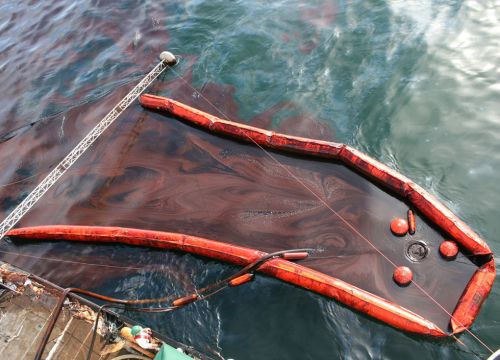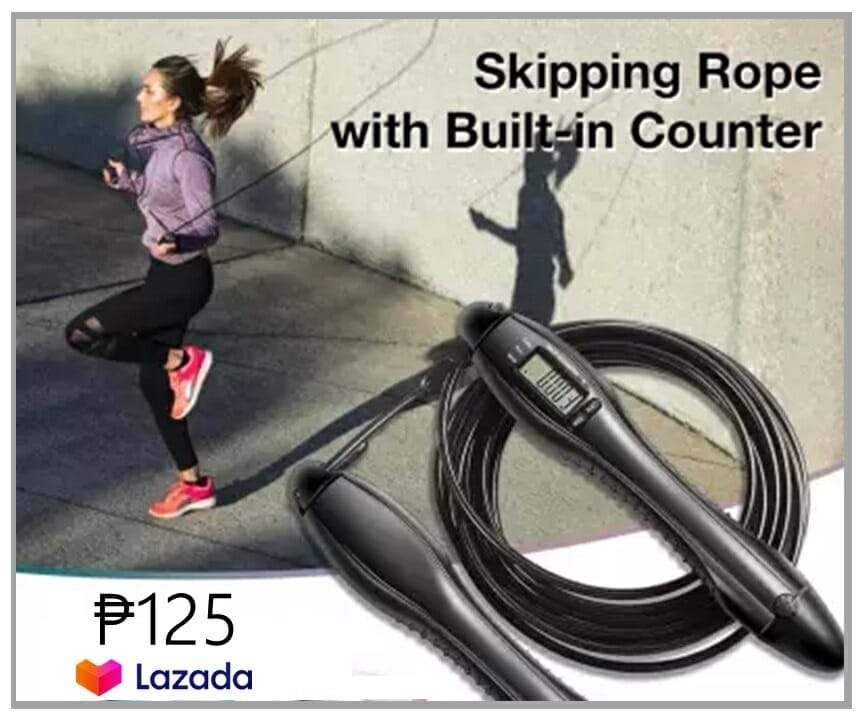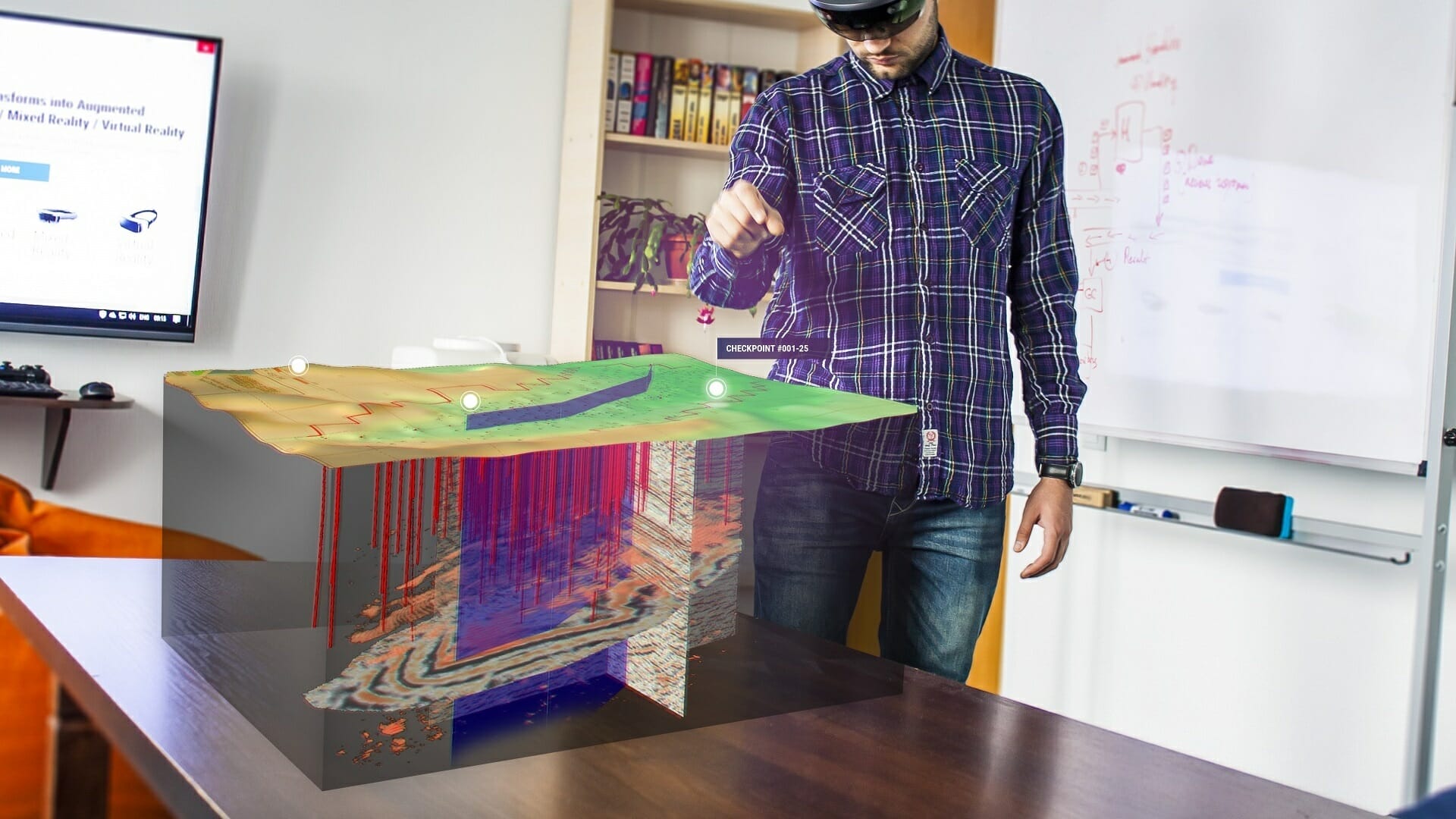Largest oil spills in history were true enough to be recorded in history. Though it is actually something evitable, oil spill happened in different parts of the world.
Usually, gulf oil spill is the largest accidental spill in history.
In 1991, the worst oil spill in history was recorded in Persian gulf, and about 380-520 million gallons spilled. Next was in 2010, when a oil well in Gulf of Mexico blew out. It also caused an explosion on BP’s Deepwater Horizon rig that killed 11 people. An estimated 206 million gallons was spilled.

As the research succeeded to combat oil spill, there are now different development in this. A lot of academic researchers, businesses alike are working together to come up with innovative ideas to solve if in any case there will be oil spill in the future. Here are two of important research today about it.
Seaswarm
It is a new system for ocean-skimming and oil removal. Seaswarm is a product research from Massachusetts Institute of Technology (MIT) that uses fleets of magnetic robots. These robots which are photovoltaic powered are able to skim the oil from the water. Their research has also confirmed that they are able to absorb up to 20 times oil. Above all, these seaswarms can navigate and communicate using GPS and WiFi so it can go to unreachable places through boats. Meanwhile, the nanomaterial, patented at MIT, can absorb up to 20 times its weight in oil. The flexible conveyor belt softly rolls over the ocean’s surface, absorbing oil while deflecting water because of its hydrophobic properties.
Source: http://senseable.mit.edu/seaswarm/
Smart Filter Technology
Developed of researchers in University of Michigan, this new technology is efficient way to remove crude oil from waterways without using additional chemical detergents, or even after detergents have been added. Smart Filter Technology is able to strain the oil from the water through gravity. It works through the application of an oil-repelling polymer. In this way, the water falls down while the oil beads up on top. It works by exploiting the differences in the capillary action behaviors of oil and water and it is the first time this has been achieved.
Researchers have developed a special filter coating that essentially can strain oil out of water. It works by repelling oil, but attracting water, which are unconventional properties for a material to have. On an untreated piece of window screen, water (dyed blue) beads up, but oil (dyed pink) soaks through. On the treated surface, the pink oil beads up, but water would soak through. The coating could help advance oil spill clean-up and make it more efficient.
This technology has developed a special filter coating that essentially can strain oil out of water. According to the official article released by University of Michigan, it works by repelling oil, but attracting water, which are unconventional properties for a material to have. On an untreated piece of window screen, water (dyed blue) beads up, but oil (dyed pink) soaks through. On the treated surface, the pink oil beads up, but water would soak through. The coating could help advance oil spill clean-up and make it more efficient. 
Photo by Laura Rudich
PETROGEL
This exceptional invention that is 40 times more effective to sip oil is an invention from Professor T. C. (Mike) Chung at Penn State University. Through a super absorbent polymer that readily soaks up oil. Moreover, one pound of PETROGEL can soak up 5 liters (1.3 gallons) of oil, which it transforms into a gel-like substance that can be easily transported away from the spill site and re-used. A video was made to see how it effectively works.
PETROGELTM
Click here to read more articles related to this.
Click here to follow our LinkedIn Page.


























